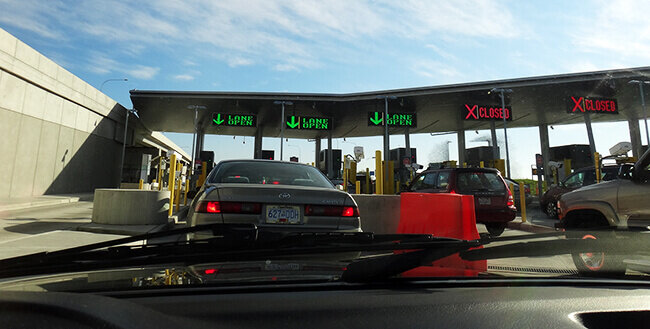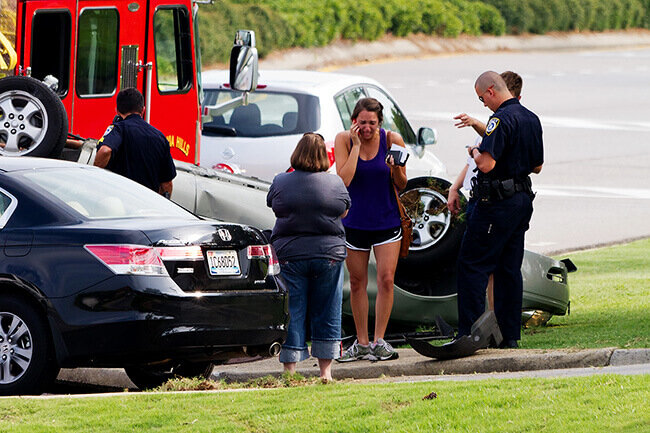Criminal Cases in Court-The Process.
The court legal system can be very intimidating and even scary if you are not familiar with how the court system conducts business.
The criminal court process may begin within a few days or many months after the date of arrest.
The criminal court for your case begins when:
- The arresting officer provides you with a court date and time
- A notice of hearing mailed to you from the court.
Arraignment
An arraignment is the first hearing. The reason for an arraignment is for you to understand what you are being charged with. The arraignment is where you would enter your plea of “not guilty”.
A Private Attorney can enter your plea and waive your appearance for the arraignment if you are charged with a misdemeanor.
However a waiver of arraignment is not allowed and you are required to attend the hearing if you are charged with:
- DUI
- Physical Control
- Domestic Violence.
When the plea is entered the judge will determine if you can be released .
The judge will consider:
- Your criminal history.
- Flight risk.
- Your alleged breath alcohol level at the time of arrest if charged with DUI.
- If you have made an effort to show the court that you are not a danger to the community.
- If you have failed to appear for other cases.
The judge may impose conditions of release or have bail set for your release.
If you are being charged with a DUI the judge might release you with conditions that may include:
- Electronic home monitoring (EHM),
- Restrictions on consumption of alcohol,
- Installation of an ignition interlock device (IIL)
- Alcohol monitoring ankle bracelet also known as a SCRAM bracelet.
If you are being charged with a Domestic Violence crime the judge may impose:
- A no contact order
- No possession of firearms.
Pre-Trial Hearing or Readiness Hearing
The Pre-Trial or readiness hearing is where the prosecution and the defense inform the court of their progress, negotiations, or if the case is ready for trial.
Your case may be continued for additional readiness hearings based on:
courtroom availability,
additional evidence discovery,
continued negotiation, or
witness availability issues.
Resolutions are possible at readiness hearings, depending on the negotiation with the prosecutor.
Motion Hearings
Motion hearings are an opportunity for Legal motions to be presented. These motions may be to prevent your case from going to trial or relate to other needs.
Trial
If a resolution is not reached between the prosecutor and your attorney, then your case will be set for trial.
You may choose between a bench trial or a jury trial.
A bench trial allows the judge to be the sole person deciding if you are guilty or not guilty of the charges.
A jury trial will consist of 6 people (if charged with a misdemeanor or gross misdemeanor) or 12 people (if charged with a felony).
These people are randomly selected from the community, and will make the decision if you are guilty or not guilty of the charges.
Sentencing
Sentencing is addressed after a finding of guilt has been decided for your case.
Your attorney negotiates with the prosecutor regarding a sentence recommendation
Often times both parties will have reached an agreed sentence recommendation that the prosecutor will present to the judge.
The judge has the authority to impose the sentence that he or she believes is appropriate for the crime.
This sentence may include fines, jail, restitution, evaluation, treatment, probation or other steps.
There are many ways an experienced attorney can fight for you.
Call us now
To ask additional questions or to hire an experienced attorney who has deep connections with the local legal system.
(425) 259 4972
Click Here To Learn More About Criminal Defense.
Want To Hear More From us.
You can connect with us on social media at any of the networks below.
Sign up for the Monthly Newsletter.





